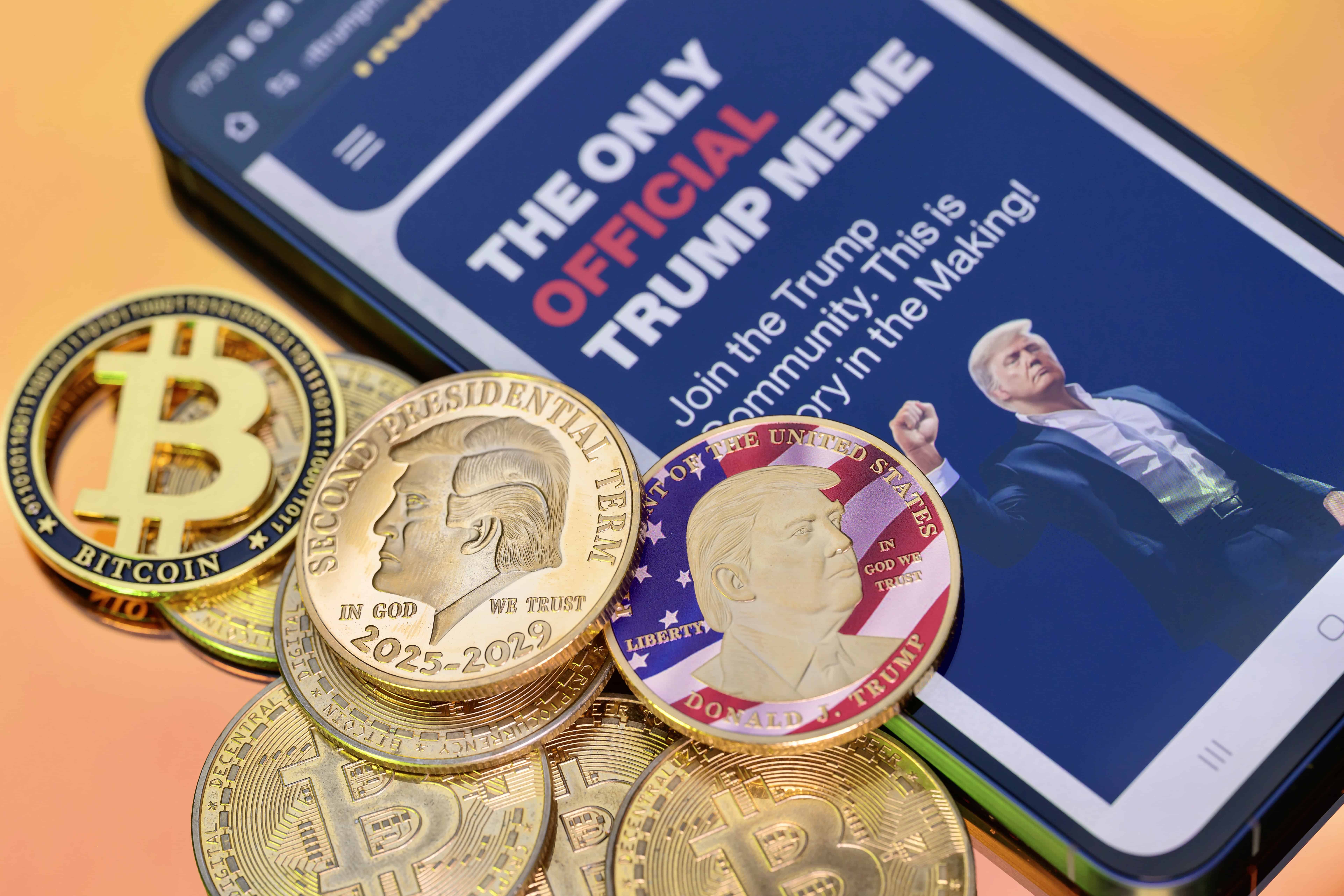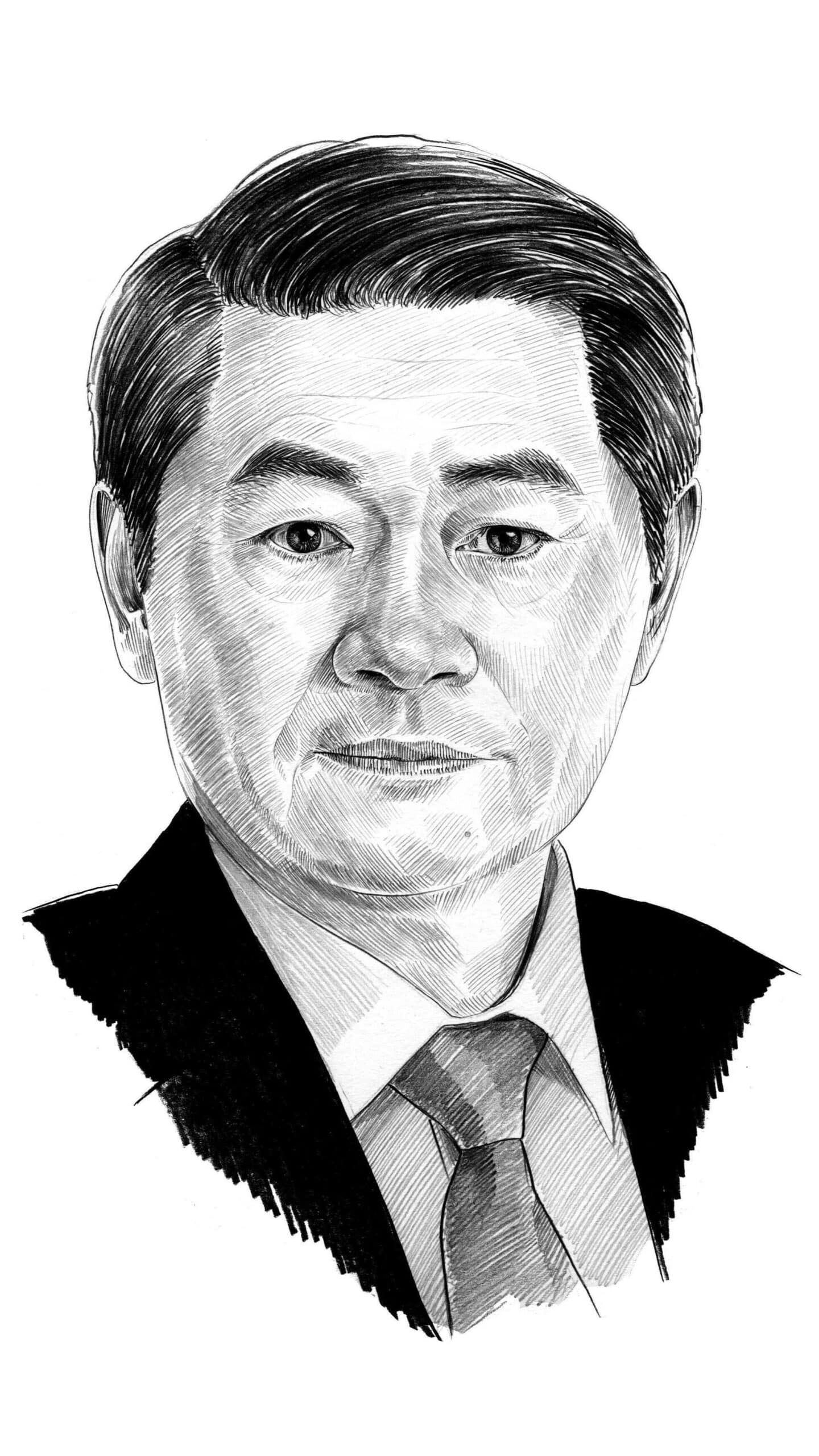Sue-Lin Wong is a China correspondent at The Economist. Previously, she reported on China for the Financial Times and Reuters. She is now based in Singapore and is transitioning to cover Southeast Asia, after she was forced to leave Hong Kong in 2021 when her visa was not renewed. She recently released a podcast series, The Prince, about the life of Xi Jinping. In this lightly edited interview, we spoke about making the series, what we know about Xi’s motivations and personality, and how his c
LISTEN NOW
Face-Off: U.S. vs. China
A podcast about the turbulent relationship between the world's two superpowers, the two men who run them, and the vital issues that affect us all.



